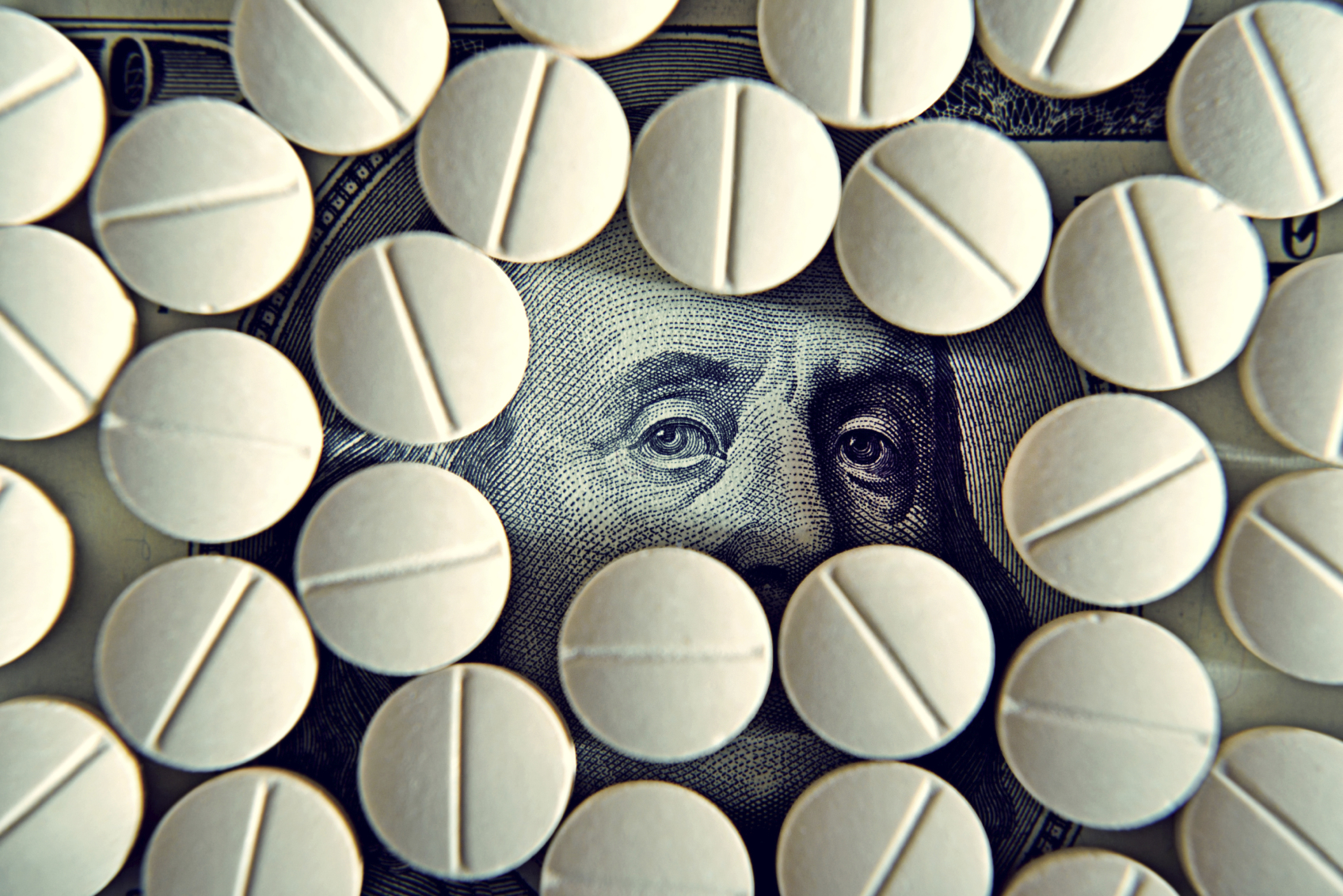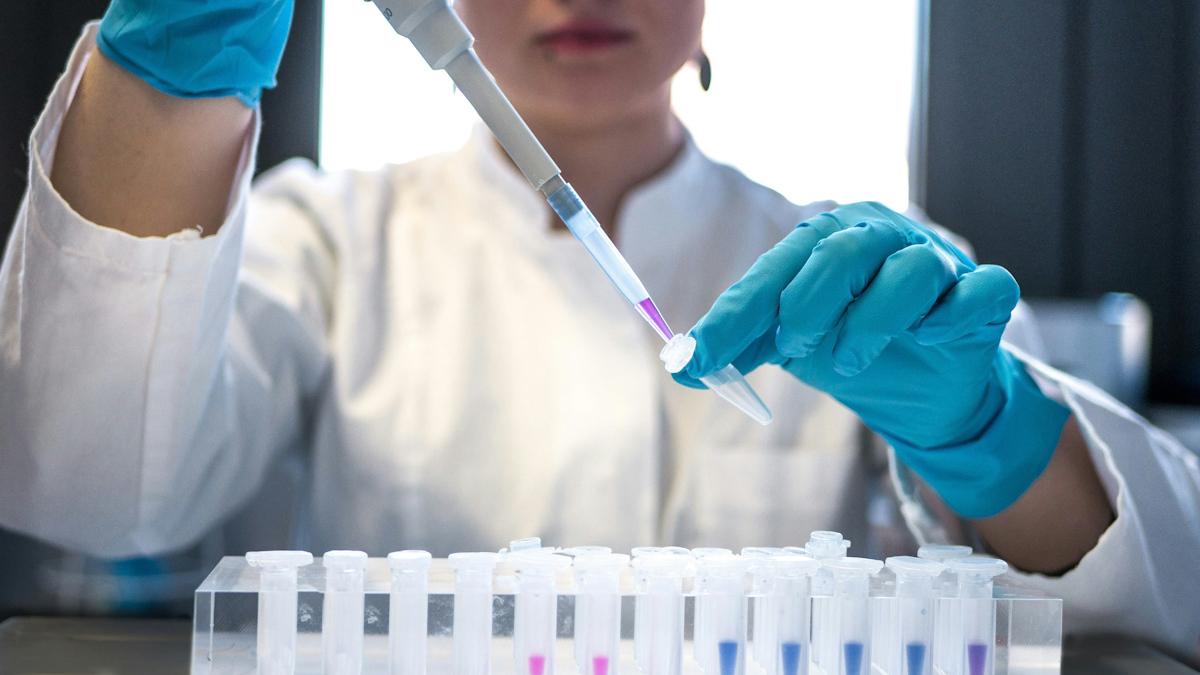Biotech CEOs confident, but public markets still shaky

Chief executives of small-to-medium biotech companies remain confident about their ability to bring drugs to market, but worries about capital and the deal-making landscape remain.
These were among the findings of the Biopharma CEO Confidence Index, a quarterly survey conducted by Kineticos, in partnership with Ipsos Healthcare and Demy-Colton.
Plentiful fundraising and deals with big pharma created galloping growth and great confidence in the biotech sector in the 2013-2015 period, but this came to an abrupt halt late last year. The downturn is often pinpointed to a tweet sent by Hillary Clinton on 21 September last year, as she promised to curb high drug prices if elected.
Since then, biotech confidence has rebounded somewhat, and although venture capital fundraising and licensing deals with big pharma remain strong, the market for initial public offerings (IPOs) has cooled.
51 biopharma CEOs (drawn largely from smaller, privately held companies) were surveyed in the Q2 study and the data indicates CEO confidence remained stable after levelling off in the first three months of the year.
CEOs who were very confident in their ability to raise capital in the public market, rose from 18% in Q1 to 39% in Q2.
The survey found sentiment on deal values and deal competition remained stable, however those labelling the overall deal landscape as good declined for a third straight quarter (45% in Q1 to 35% in Q2).
Other highlights include:
- Confidence in delivering clinically differentiated assets remains high (65%)
- Confidence in the regulatory environment is growing stronger as 31% were very confident in Q2, an increase of 9% from Q1
- CEOs planning to partner externally decreases (70% to 65%), remains significantly higher than those planning to commercialise independently (12%)
Finally, the biggest risk identified by the CEOs to their business was capital stability (mentioned by 57%) followed by clinical results at 14%.
These concerns reflect some real pressures – Cambridge, Mass based Bind Therapeutics went bankrupt earlier this year (with Pfizer acquiring its assets), while Eleven Biotherapeutics narrowly avoided a similar fate after two phase 3 trial failures.
Steve Girling, President of Ipsos Healthcare commented on the results: “After a year of surveying biotech CEOs who are leading development stage companies, we've found that early exuberance about the flow of available funds has been replaced by a broader confidence in the potential to bring new assets to market.”
He added: “The upcoming US election is likely to have a material impact on the industry, so it will be fascinating to see whether, and how quickly this influences CEO confidence.”
Read the full survey results here












